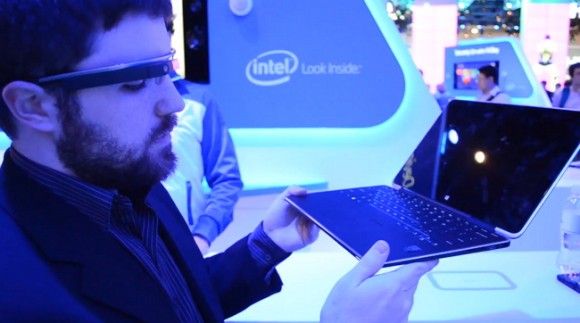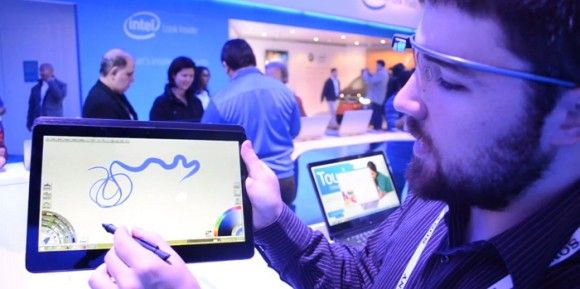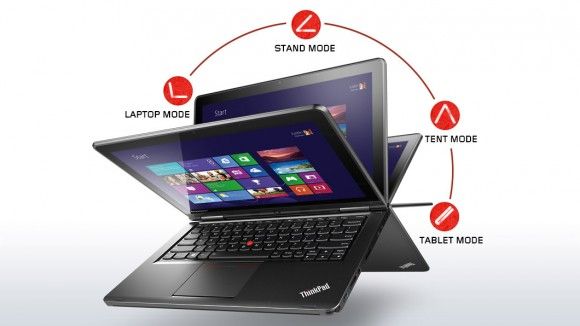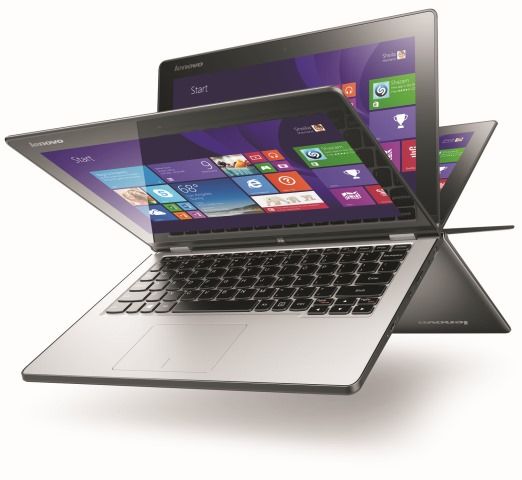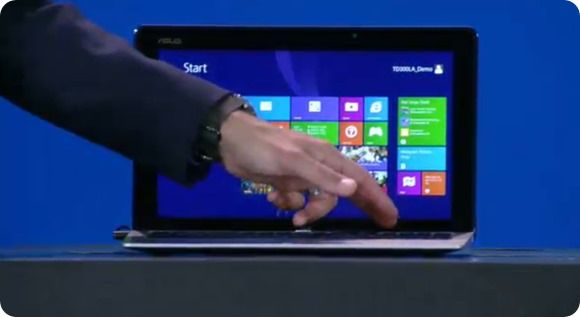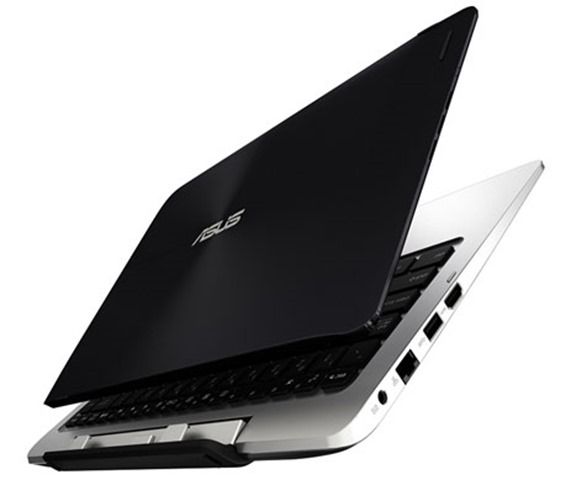At first glance, the Dell XPS 11 has it all. It’s sleek, convertible, and has a 2k screen! It’s one of the thinnest and, dare I say, sexiest, Ultrabooks ever released. But will a novel keyboard design be its Achilles’ heel?
Read the full storyTag Archive | "ces"

Dell XPS 11 w/ 2k Display Hands-on—A Beautiful Ultrabook Foiled By Its Keyboard?
Posted on 28 February 2014

CES 2014 Recap: Hands-on with Asus Duet, Dell Venue 11, Sony Flip 11, and Panasonic AX3 Ultrabook
Posted on 27 February 2014
Yes it’s a bit late, but we did get our hands on some exciting devices at last month’s CES 2014 in Las Vegas and have some video for you to see.

CES 2014: ThinkPad Yoga Hands-on—Retractable Keyboard and the Best Trackpad Ever!
Posted on 23 January 2014
Intel had an impressive showing of convertible devices at the annual CES 2014 convention two weeks ago. Among an array of Ultrabooks was the new 12.5 inch ThinkPad Yoga which I got to check out for the first time. Beyond Lenovo’s classic ‘Yoga’ convertible mechanism is a smart retractable keyboard and an amazing trackpad.
Read the full story
CES2014 Ultrabook Round-Up. Ultrabook 2014 Thoughts.
Posted on 10 January 2014
 The big CES2014 Ultrabook news summary is that there isn’t really anything major to talk about, which needs talking about.
The big CES2014 Ultrabook news summary is that there isn’t really anything major to talk about, which needs talking about.
Given that there were no major Ultrabook announcements or evidence of Ultrabook marketing at CES2014 we now have to think about the future of the Ultrabook and leading-edge notebooks. Importantly, who’s going to carry the flag for new PC technologies? Or was CES2014 just a break in the project to allow Intel to promote themselves in newer emerging technologies? What’s next for the Ultrabook, Ultrabook 2014.

Lenovo Yoga 2 11 Launched. Yoga for the Masses?
Posted on 07 January 2014
Lenovo’s first 11-inch Yoga device ran RT on an ARM-architecture. We ignored it. The second 11-incher was the 11S with Core CPU options. It’s still available with Haswell and a rather impressive power/battery life ratio. The latest Yoga 2 11 is more consumer focused and used the Baytrail-M platform. It’s a difficult one to position between an UltraMobile and an Ultrabook because on one hand it’s Baytrail (Pentium branded) and on the other it weights 2.9 pounds. It’s much like the new Sony Vaio FIT 11A flip.

Intel announces a Dual-OS platform
Posted on 07 January 2014
Just minutes ago at the CES keynote, Intel announced, briefly, that they have a dual-OS platform ready. Windows and Android on one device.
We know little right now apart from the fact that the Android part will include additional security. In an on-stage demo the switch time was near-instant. Have Intel developed a better solution than ASUS, Insyde? Does it have a true dual-virtual container? The exciting thing is that Intel have the best access to hardware drivers so getting all the hardware mapped through to both operating systems could be easier.

Perceptual Computing Event–The World is Not Flat. Realsense Technology Announced
Posted on 06 January 2014
At a presentation today Intel introduced Realsense Technology and showed three ultrabook-like products that will include the 3D camera hardware. Lenovo, ASUS and Dell are on-board.

ASUS Announces Transformer Book Duet TD300. (Specs, Video, Thoughts)
Posted on 06 January 2014
ASUS have just announced the Transformer Book Duet TD300. We’re analysing now and the press event is due to start in 5 minutes.
 |
| |||
 |
| |||
 |
| |||
 |
| |||
 |
| |||
 |
| |||
 |
| |||
 |
| |||
 |
| |||
 |
|

